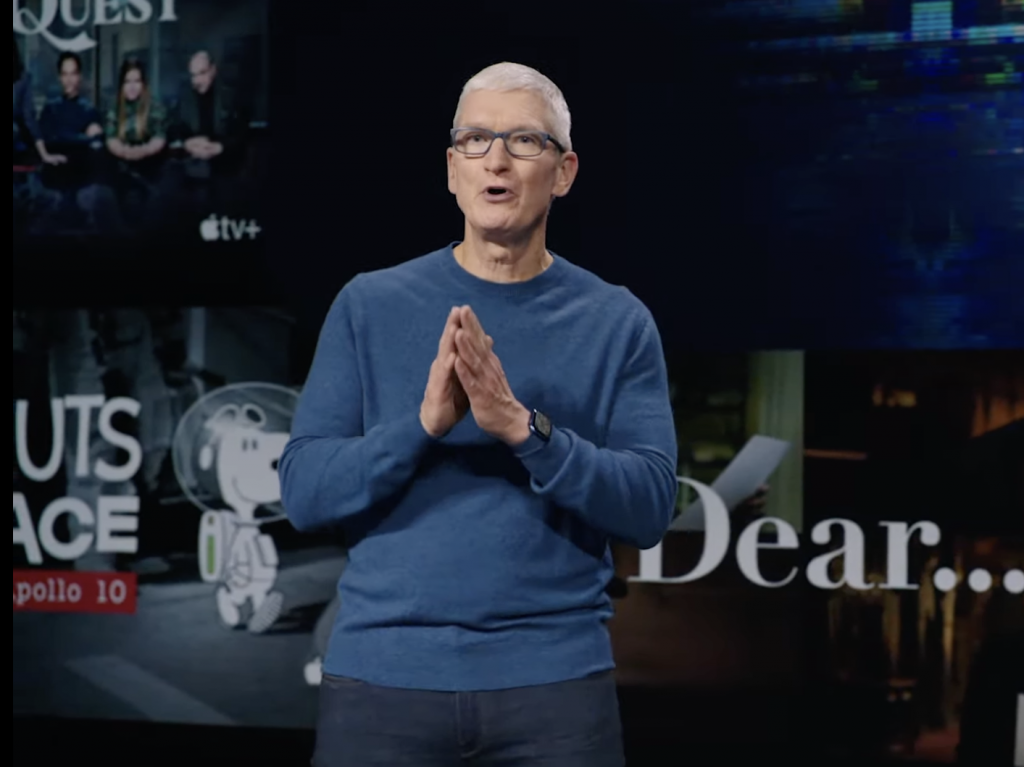- Apple was fined again over a Dutch order that it open App Store payments to other providers.
- Apple shared new requirements for dating apps in the Netherlands to use third-party payment systems.
- App developers, however, are criticizing the company’s latest requirements, including a 27% fee.
When Jeff Johnson saw Apple’s latest response to an App Store regulatory battle in the Netherlands, the veteran iOS developer thought it was a joke. It was not. Now he and other developers, along with the Dutch antitrust authority, are really not amused.
Apple was fined another 5 million euros, or about $5.7 million, this week for not complying with an order to let dating apps in the Netherlands use competing payments providers in the App Store. Apple’s own payment service currently takes cuts of 15% to 30% of all in-app transactions. More competition could reduce those fees and save consumers money, but that could take a big chunk out of Apple’s highly profitable App Store revenue.
The Netherlands Authority for Consumers and Markets has now spent weeks jousting with the world’s largest technology company over this seemingly simple request. Apple has rolled out options for developers to comply with the order, but they have been so Kafkaesque that the regulator keeps pushing back.
The company posted its latest response Friday via an update on its developer website. Developers slammed Apple’s original proposal, particularly a requirement that they essentially create separate apps for the Dutch App Store. They are sharing similar disdain for the latest requirements, which they say are designed to make switching payment methods as difficult as possible.
Imposing a 27% fee on 3rd-party payments
Apple is requiring changes that some developers are calling a tax for not using the App Store, like requiring an additional 27% charge on top of other transaction fees.
Eric Seufert, an analyst at Mobile Dev Memo, told Insider the iPhone maker was incentivized to make third-party payments as cumbersome as possible. In an analysis earlier this week, he described it as a "Heads I win, tails you lose" proposition.
Josh Burns, the founder of DigitalDevConnect, estimated that if developers moved to another payment provider and Apple charged a 27% commission, rather than 30%, it would actually end up costing developers a bit more overall.
"Just purely from running the numbers, forgetting the operational and technical overhead, the economics aren't really that favorable," Burns told Insider. "You're paying the 27% to Apple and you're also paying whatever the payment-processing costs are — if you look in the market right now, the options out there are basically more than 3%."
A 'scary warning' for users
Apple also requires developers to use an "in-app modal sheet," which is a pop-up that warns users they are leaving the app to pay on a different website. The company said the "design and messaging must exactly match the specifications" it provides.
The message would be titled "You're about to leave the app to process your payment on an external website," while saying: "Any purchases made externally will be managed by the developer. Your stored App Store payment method and related features, such as subscription management and refund requests, will not be available. Only purchases through the App Store are secured by Apple."
Johnson, the veteran iOS developer, said this warning would be "pretty scary" for customers to read and might lead users to question their privacy and security when they are sent to a third-party payment system.
"The danger of scaring customers away entirely is going to probably prevent developers from wanting to follow this path as opposed to just sticking with Apple's system," said Johnson, adding he thought this requirement was a joke when he first saw it.
He described ways alternative payment systems might benefit consumers, such as letting developers provide discounts, refunds, and other features that Apple's payment system doesn't allow.
Apps can't simultaneously use Apple's payment system and another payment method
Another developer, Kosta Eleftheriou, said that given the specific warning developers must share if they use third-party payment systems, it would make sense for apps to also let users pay with Apple's system if they felt insecure about the redirection.
He said it was "really surprising" to see that Apple would make apps choose one method or another, which puts developers in a difficult position of possibly losing sales.
"It's like a forced way to amplify any potential negative perception that someone might have of a third-party system," Eleftheriou said. "In the alternative, users would just think, 'OK, I'm just going to choose the other option right there inside the app just one button away,' but they won't have that option at all."
He thinks these newly released restrictions won't get by regulators, adding that Apple's latest update seems to comply by the letter of the law but not the spirit of it.
